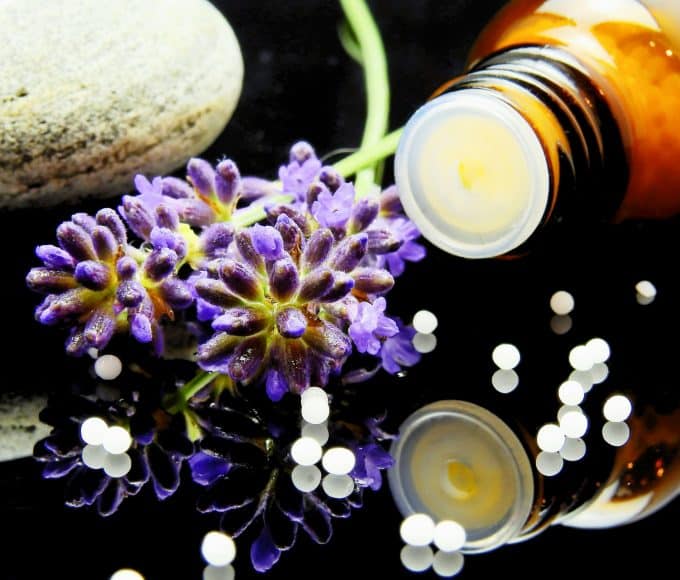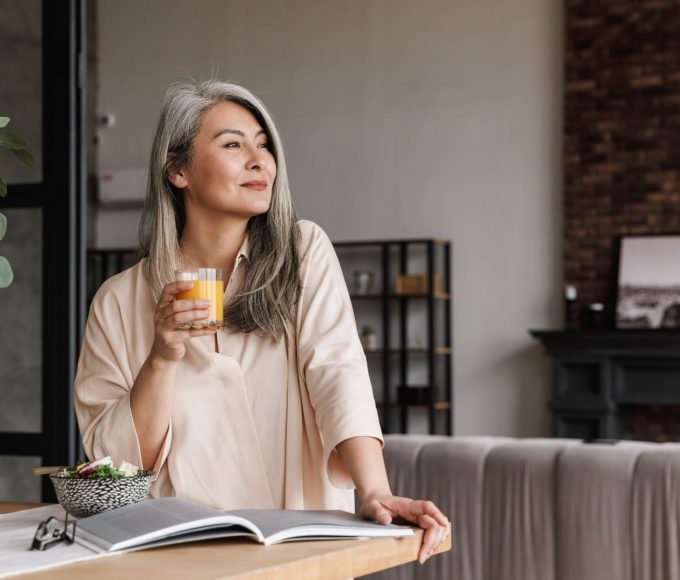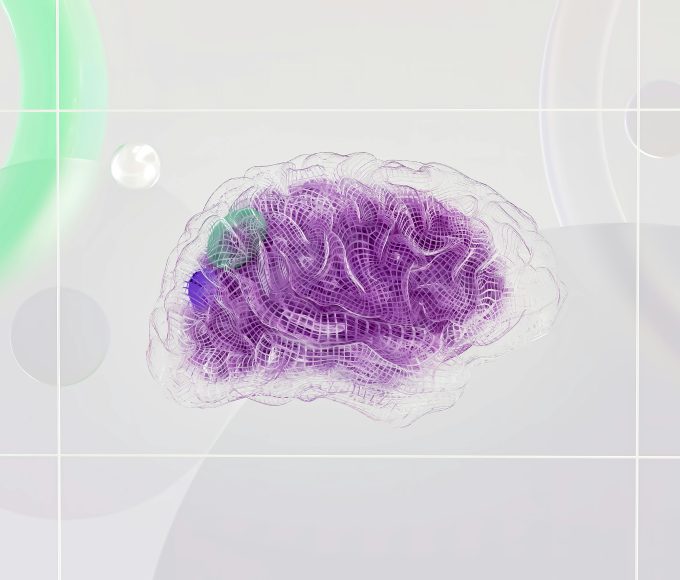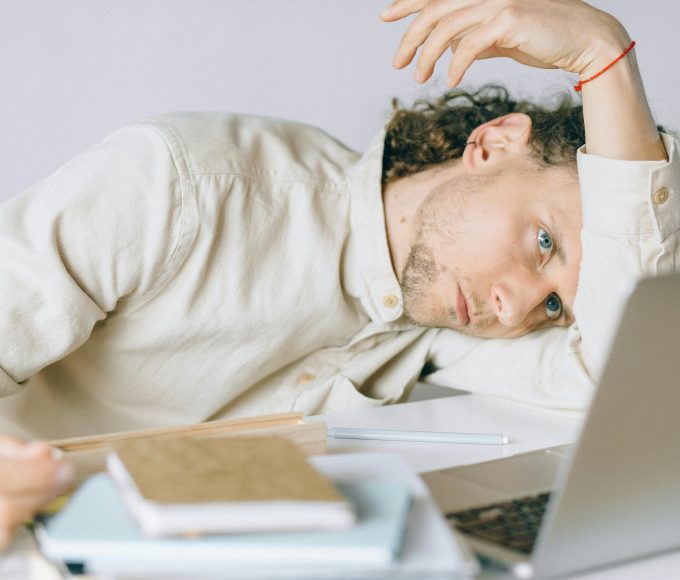Meditation can help you get over your minds frustrations. When it comes to navigating your way through the world, some times, the biggest hurdle is overcoming your own mind. As someone with ADHD and anxiety, my brain can be moving at a thousand miles an hour, and I wouldn’t ever notice. At least, not at first. Meditation brought to light my nervous energy and made it noticeable to the point of discomfort.
Once I noticed the constant motion of my brain, I couldn’t ignore it. It was like sitting on a boat and realizing after a few days that you can actually feel it moving beneath your feet. It’s disorienting and scary, and your first instinct is to want to make it go away. You don’t have to have my ailments to feel like your mind is racing. Stress, lack of sleep, even being hungry or tired can cause this in many people. One of the few ways that I’ve found to help with these issues is meditation.
What is meditation?
Meditation is like training your brain to slow down and take things one step at a time. It’s the act of creating a space in your mind to relax, to focus your thoughts on your body, and to teach your brain how to respond to different stimuli. Like any muscle, your brain must be trained on how to do nearly anything until it becomes muscle memory. Teaching yourself how to write is a great example. While your brain may recognize the shapes of the letters and even how they can be pronounced in a word, it takes time for your brain to maneuver your hand into the right shape or pattern.
This can translate well into mental exercises, too. If you tend to panic or get flustered at the slightest sign of trouble, you can train your brain to follow these steps. First, take a breath. Second, determine the root cause of the problem and so on from there. Meditation is meant to help your brain form a link between these steps, creating new neural pathways in the brain. Meditation is simulating control and calm until you can do so yourself.
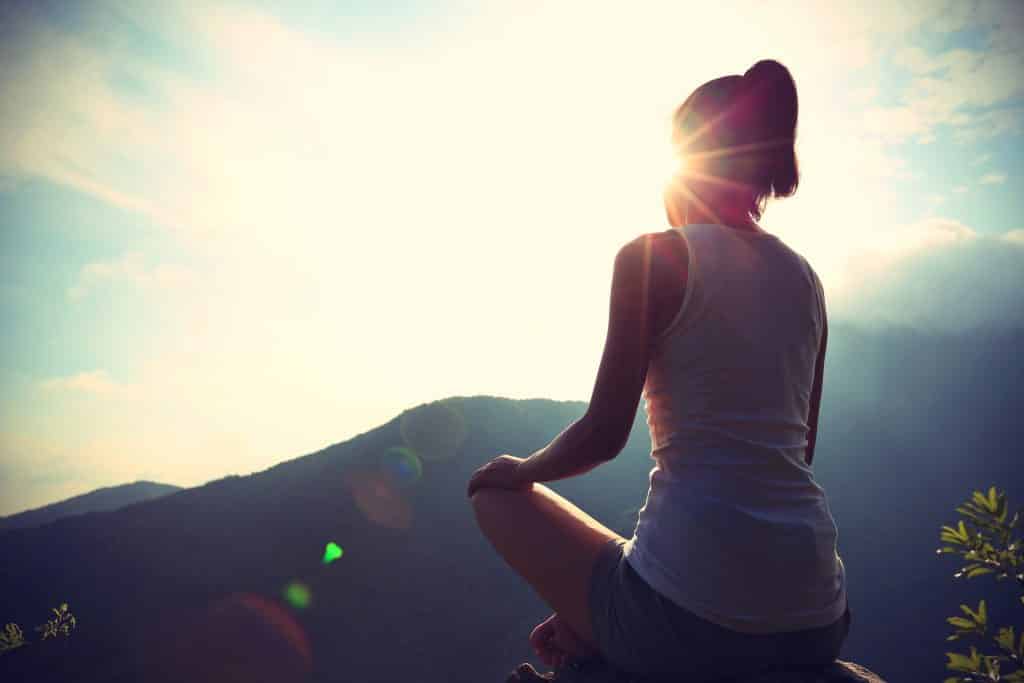
How can I start?
Starting meditation is remarkably easy. You don’t need anything except yourself and a few quiet moments. Everything else is just extra and isn’t at all necessary. Depending on what makes you most comfortable, you can sit on the floor, on a couch or cushion, on a yoga mat or even laying down on a floor or bed or hammock. Blankets and candles are optional.
Once you’ve gotten everything together, just breathe. Try not to worry too much about controlling the breath and instead, focus on the movement of your body. If your mind wanders, gently bring it back. It’s more like popping a bubble than jerking a car back into its lane. If this sounds difficult or confusing, it really isn’t. It just takes some time to sit and get into the rhythm of everything.
There are also guided meditation apps or videos all over the internet. One of my favorites is Headspace, mostly because it has excellent exercises for myself and my kids. Available meditations include Anxiety, Creativity, Overwhelm, and Frustration. There are even short 1 to 5 minute guided mediation for kids. Take a look and see what’s out there. There’s something for everyone.
What if I don’t like it or am not good at it?
There are plenty of people who say that they don’t like meditation. That’s a perfectly valid choice. For me, though, when I had these thoughts, it was just my fear talking. I spent months avoiding my yoga matt and my Headspace app because it forced me to acknowledge that I had very little control over my mental state. It took a few long months, but I managed to come back and haven’t looked back since. The benefits for me have been staggering.
While meditation didn’t cure me of my ailments, what it did was to help me see what it was that caused them in me. My anxiety stems from a pang of ingrained guilt in myself that I was afraid that any wrong slip up I made would cause me to fail, to be less of a person. It was tough to know that I felt like that for so long, and I still do sometimes.
One of the first things that I see in myself when my anxiety takes a turn is that I’ll question my abilities, I start to doubt. Through meditation, I’m able to notice these signs far faster than before, and I can reach out to those who care about me and are there to help me through these issues. I get the help that I need faster. I’m even learning ways to help combat these emotions on my own.
Meditation is by no means an obligation. It’s not meant to be a chore. For those of us who do meditate daily, it’s a space that we create for ourselves that can help liberate us from the confines of our own mind. For me, it’s become a focal point of my daily routine, and I would recommend it to anyone, as well.












